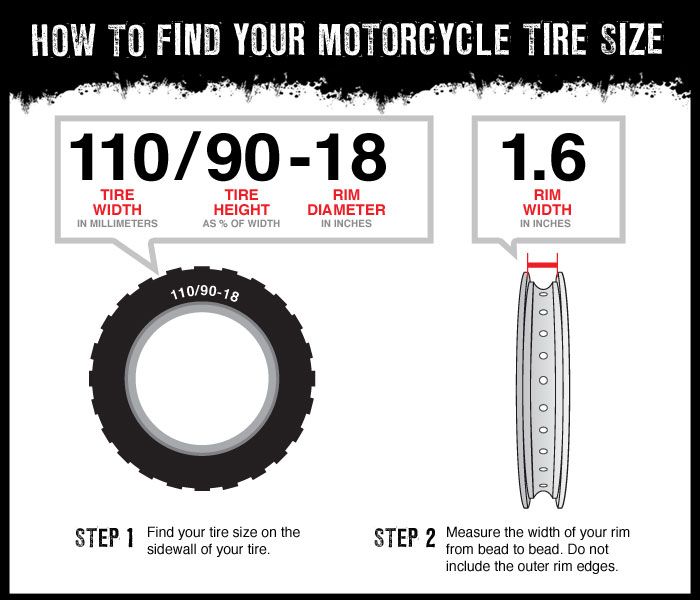Replacing tires on your bicycle can be intimidating if you’re not sure what to look for. They come in a lot of different sizes and there’s often a pretty big difference in prices, too. To help you choose the right tire for your bike, here’s what to think about:
When to replace bike tires: Tips to know when it’s time to swap your tires to prevent punctures.
Bike tire sizes: Find out what tire size you need for your bike.
Tread patterns: The best tires for bike commuter will be different than for mountain bikers.
Are all tires created equal?: Learn what changes the prices of tires to decide if you’d like to have those features.
Shop all bike tires
Knowing when to replace a tire is a great way to avoid being stranded on the side of the road or having to walk back to the trailhead.
Minor cuts in the tire aren’t too problematic. But if you see any cuts that are deep enough to show the casing, cause bulges, or allow to you see the inner tube, it’s time to replace the tire.
If you’ve worn the rubber down to a point where you see any of the tire casing, you’re lucky to have made it this far! Get some brand new rubber.
Tires that look dry and cracked mean the rubber has lost its elasticity and is a problem waiting to happen.
Some road bike tire brands have wear indicators that show when your tires are past their prime. If there are no wear indicators on the tire, you can look at the tread, head on. If the tire looks squared off in the centre of the tread – instead of making a nice round shape – that tells you that a significant amount of tread has worn off.
On mountain bike tires, take a look at the centre lugs. Worn-down lugs are rounded and much smaller compared to a new set of tires. The lugs directly affect the tire’s ability to stop and accelerate effectively.
The lugs directly affect the tire’s ability to stop and accelerate effectively.
Most modern bikes will be equipped with one of four wheel sizes, and you’ll need to know what size your wheels are so you can get tires that fit. Look at the side of the tires currently on your bike to find out the size.
Look at the side of your current tires to see what size you need.1. The first number is the tire diameter. The most common options are 26in., 27.5in. and 29in. for mountain bikes, and 700 for road bikes. Start your search for a new tire with this number. Buying a tire with the incorrect diameter will make it impossible to install it on your wheel.
2. The second number is the width of the tire. This number is expressed in inches for mountain bike tires and in millimeters for road tires. Learn more about the best tire widths for your bike below.
Each tire on mec.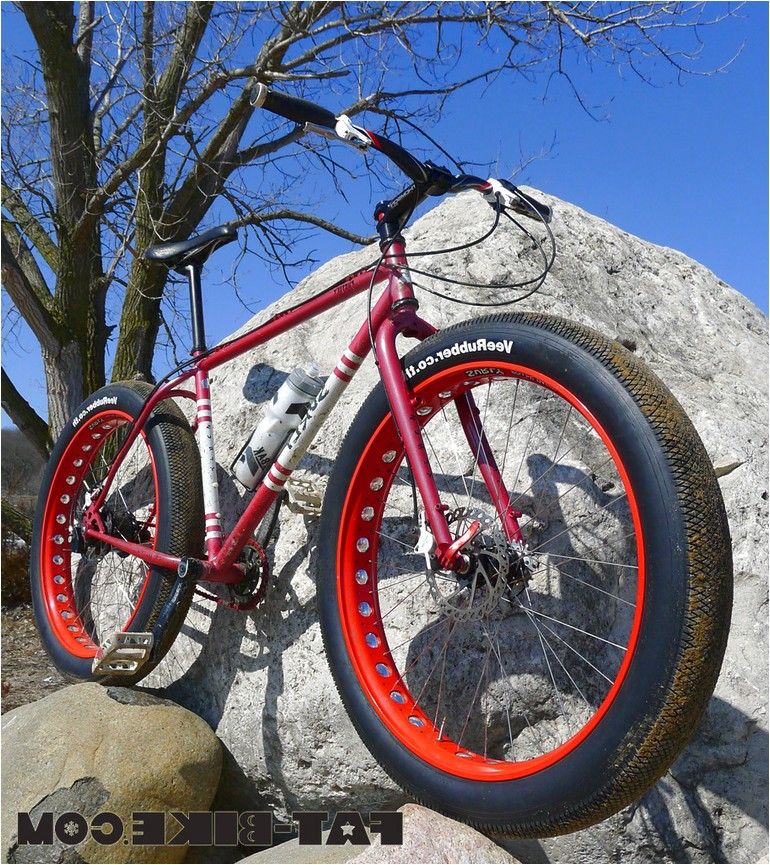 ca shows the tire width measurement under “tire size” in the tech specs. The width is the second number (e.g., 27.5 x 2.80 means a 2.8in. tire width; 700 x 32 means a 32mm width).
ca shows the tire width measurement under “tire size” in the tech specs. The width is the second number (e.g., 27.5 x 2.80 means a 2.8in. tire width; 700 x 32 means a 32mm width).
You have a little bit of room to play with width. While you don’t want to buy a tire that is wildly wider or narrower than the one your bike came equipped with, there’s usually a little bit of wiggle room in either direction.
| Wider tires | Narrower tires | |
| Pros | More comfort and gripResist pinch flats better because of high volume inside the tire | Lower rolling resistanceLighter and more aerodynamic |
| Cons | Higher rolling resistance and heavier, which slows you down | Less comfortableNot as grippy, since you need to have them at a higher pressure to prevent pinch flats |
The tire width that’s right for you depends on the type of bike you’re riding:
The width that seems to have won the heart of most road riders is 25mm; it offers a good balance of comfort, grip and speed.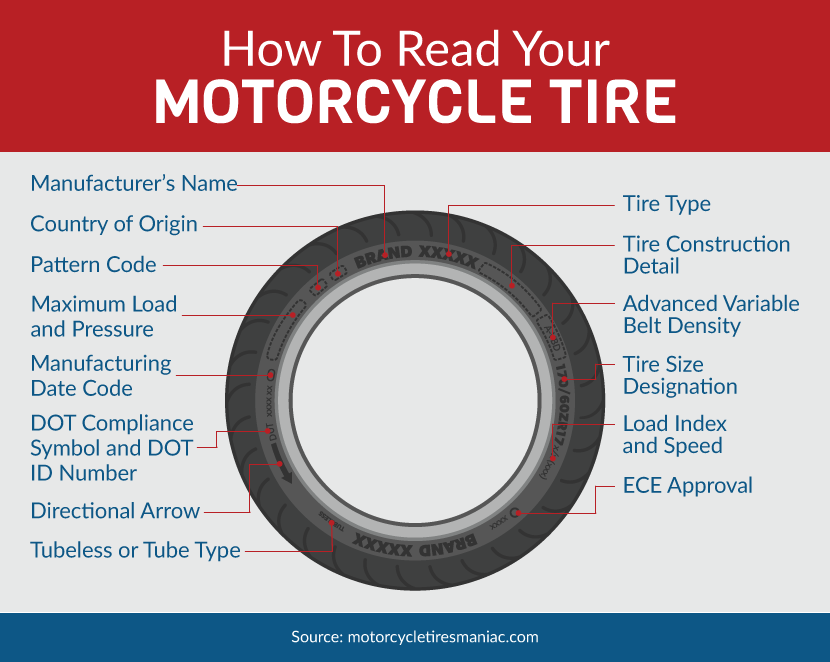 28mm tires are also becoming more common, as they give you more comfort on rougher roads with minimal drawbacks.
28mm tires are also becoming more common, as they give you more comfort on rougher roads with minimal drawbacks.
Not long ago, 23mm tires were all the rage but riders who’ve switched to wider tires haven’t looked back. Whatever width you choose, make sure that your bike has enough clearance to fit the tire so it doesn’t rub on the frame.
Shop road cycling tires
Bike commuters will benefit from a mix of comfort and performance to handle the road and changing conditions. Look for tires with widths from 32–42mm.
Shop bike commuter tires
Mountain bike tires have a large range of widths. Cross-country riders generally use narrower tires, while downhill mountain bikers tend to go for wider ones.
XC riders often opt for tire widths between 2in. and 2.35in.
Trail, all-mountain and enduro bikes benefit from added volume to increase traction and comfort. A good place to start is in the 2.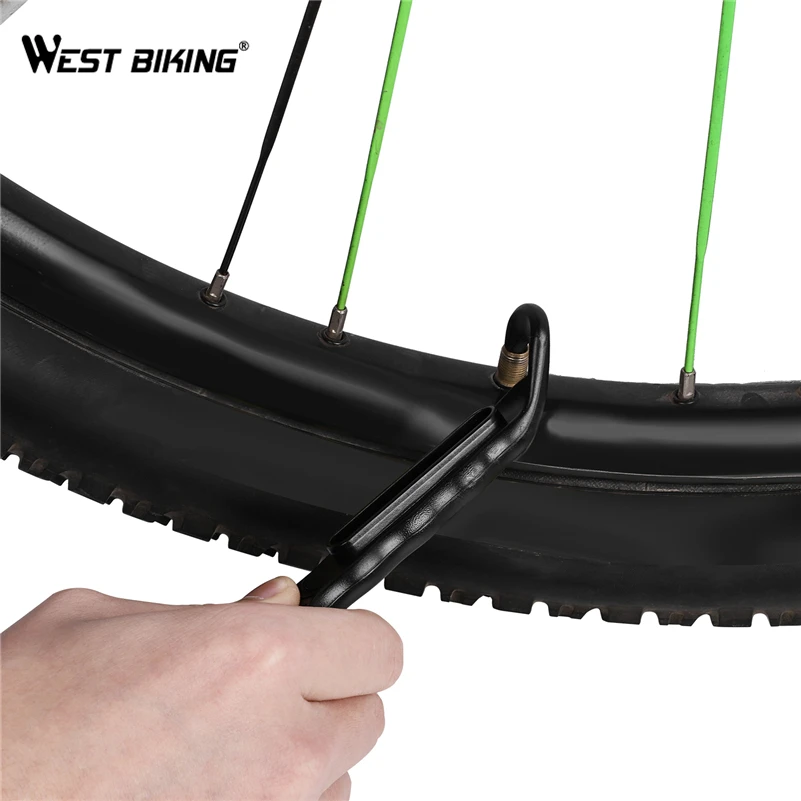 25–2.4in. range.
25–2.4in. range.
Plus-sizes bikes offer more clearance to accommodate tires in the 2.6–3.0in. range. These provide amazing traction and comfort in all trail conditions.
Shop mountain biking tires
If you’re looking for the perfect tire width for your adventures on unpaved and gravel roads, 36–48mm is where it’s at. You’ll get a much smoother ride and increased traction when cornering on unpaved roads. Check your frame clearance to ensure it’s compatible with the tires you’re eyeing.
Different tread can give you more grip and traction, smoother and faster rides, or a mix of both.
Slick tires mean less rolling resistance (which usually means faster). They sometimes have small channels along the edges for water to escape from under the tire and improve traction when cornering.
These vary from slick to semi-slick. A semi-slick tire has a smooth middle part with small lugs along the edges to give some traction when you take shortcuts on unpaved roads. If you commuter in winter, you may want to consider tires with studs – they’re great for extra grip on ice.
A semi-slick tire has a smooth middle part with small lugs along the edges to give some traction when you take shortcuts on unpaved roads. If you commuter in winter, you may want to consider tires with studs – they’re great for extra grip on ice.
The amount, size and position of treads varies a ton depending on the riding you do:
Cross-country riders on rolling, firmly packed trails with little roots and rocks can get away with smaller, tightly spaced treads. These have the lowest rolling resistance and still allow you to move effectively on the trails.
Trail, all-mountain and enduro riders need tires to roll efficiently and still give traction when the trails gets rowdy. The centre of the tread generally features ramped lugs that are close to each other, while the edges have large lugs that come into play when cornering at speed. It’s also common to see enduro racers with different front and back tire.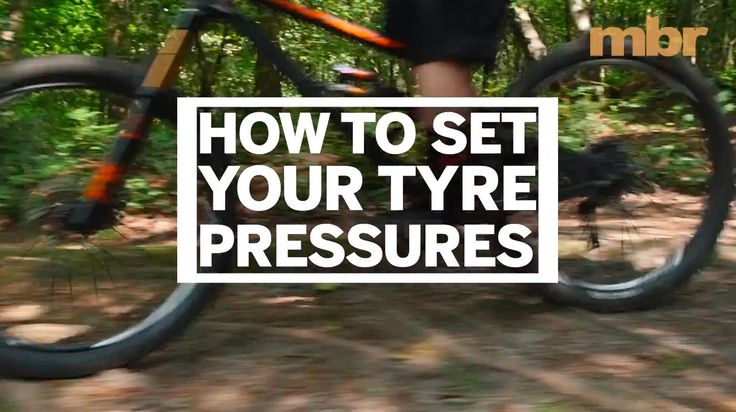 The most aggressive and grippy tire is mounted on the front wheel, while the rear tire is focused on lower rolling resistance.
The most aggressive and grippy tire is mounted on the front wheel, while the rear tire is focused on lower rolling resistance.
Downhill riders need tires to optimize traction. In muddy conditions, tires with big, tall lugs that have spacing between them helps shed the accumulated grit.
At first glance, the difference between two tires may not be all that obvious. But once you know what to look for, you’ll see where those extra dollars go.
Bike tires are made of more than just the rubber tread. They also have a fabric-like carcass layer, a bead, and can also have a puncture protection layer or even studs for winter riding.When talking about tire beads, you’ll hear “wire bead” and “folding bead”. A wire bead is made of steel and can’t be folded on itself without damaging the tire. These tires need to be stored completely open, are heavier than tires with a folding bead, and are usually the cheaper option.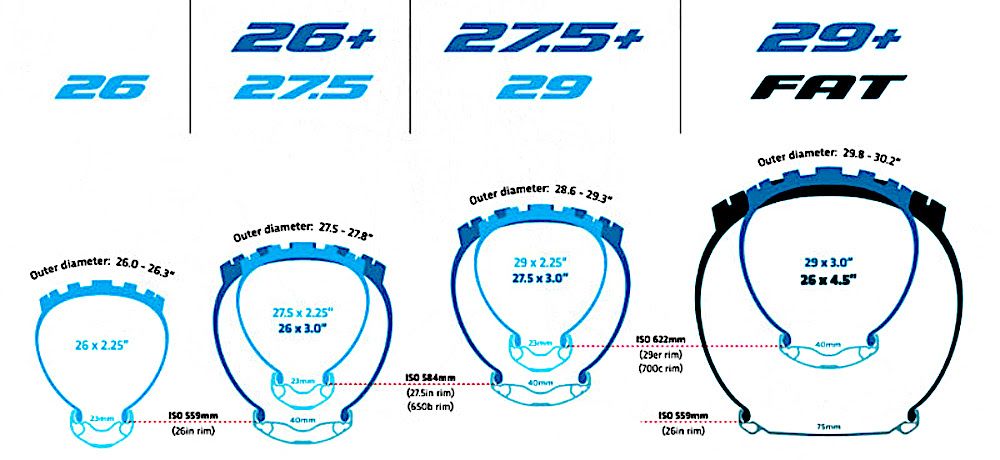
In most tires with a folding bead, Kevlar is used in place of steel. Kevlar is extremely resistant to stretching while remaining flexible. Folding tires are much easier to transport as they can be folded on themselves and are also lighter than a wire-bead equipped tire; they’re usually the more expensive option.
Shop wire bead tiresShop folding tires
Under the top rubber layer is the carcass, which looks a lot like a piece of fabric. The TPI count of a tire carcass influences how pliable and supple it is. Higher-end tires will have a high TPI count, which creates a smoother ride, increase traction and roll faster. A lower TPI count results in a tire that isn’t as smooth and fast, but usually comes at a lower price and can be more durable.
Every manufacturer has their own secret rubber recipe to create the right balance of grip, rolling resistance and wear resistance for their intended use. Some tires even use multiple compounds in a single tire, so it can have a firm rubber in the centre and softer, grippier rubber along the edges.
Some tires even use multiple compounds in a single tire, so it can have a firm rubber in the centre and softer, grippier rubber along the edges.
Tubeless-ready tires are designed to be used without a tube, which means the tire needs to hold air without blowing off the wheel. Tubeless-ready tires, especially for road bikes, require a bead that’s designed to stay in place without any stretching. This special bead is generally made of carbon fibre to ensure it stays perfectly put, which makes these more expensive.
To learn more, check out our article on tubes vs. tubeless for mountain biking.
Shop tubeless-ready tires
Bike commuters know how frustrating it is to get a puncture on the way to work. A layer of material designed to prevent punctures makes a difference during wet commutes where road grime gets on the shoulder. While tires with extra puncture protection helps, it’s always a good idea to know how to fix a flat tire too.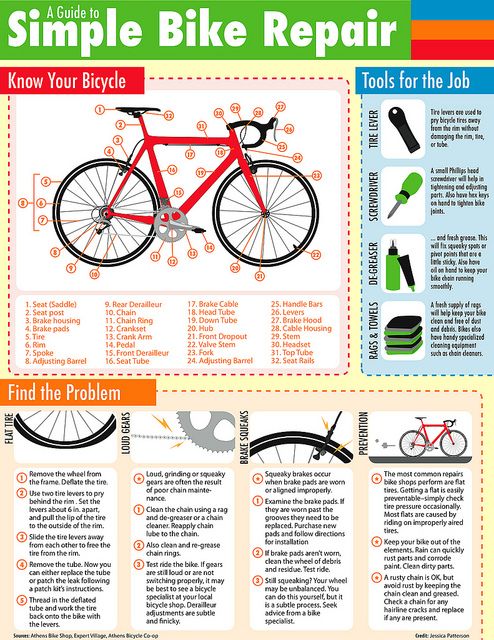
Shop all bike tires
How to fix a flat bike tire
Getting ready for winter riding
Mountain bike wheel sizes: 27.5in. vs. 29in.
Let’s be honest – tubes are a bit weird. Wiggly black bands of rubber, tubes are tedious to install, constantly need to be re-inflated and can be defeated by the tiniest thorns. When it comes time to purchase a new tube, how do you know which one to select?
Between the dozens of size options and the various valve stem types (Presta, what is that?), selecting the correct tube for your bike can be challenging. Check out our video below, or scroll down for a quick photo guide to help you select the perfect tire tube for your bicycle:
There are two important dimensions you must know when selecting a tube: The diameter of your wheel and the width of your tire. You need both to select the correct tube size. These dimensions can be found on your tire: Diameter x Width.
You need both to select the correct tube size. These dimensions can be found on your tire: Diameter x Width.
The first number is the diameter of your wheel. Sizes such as 26, 24, 20, 27.5, 29 and 700c are common tire diameters. The second number (after the X) is the width of your tire. The range for widths is usually between 1 and 3 inches. For example, a 26 x 1.75 size means the tire diameter is 26 inches and the tire width is 1.75 inches.
While your diameter measurement needs to be exact, your width measurement does not. Because inner tubes stretch, they typically come in a range of widths. For example, one of our most popular tubes is the 26 x 1.75-2.125” which means it fits a 26-inch diameter tire with a width in the range of 1.75 to 2.125 inches.
Some tires have dimensions in millimeters, but the basic measurement structure is still the same: Diameter x Width. Instead of inches, you will instead see something like 700c x 18 mm. The letter at the end of the tire diameter is a carryover from an old French system that used letters a, b and c to designate inner wheel rim diameters.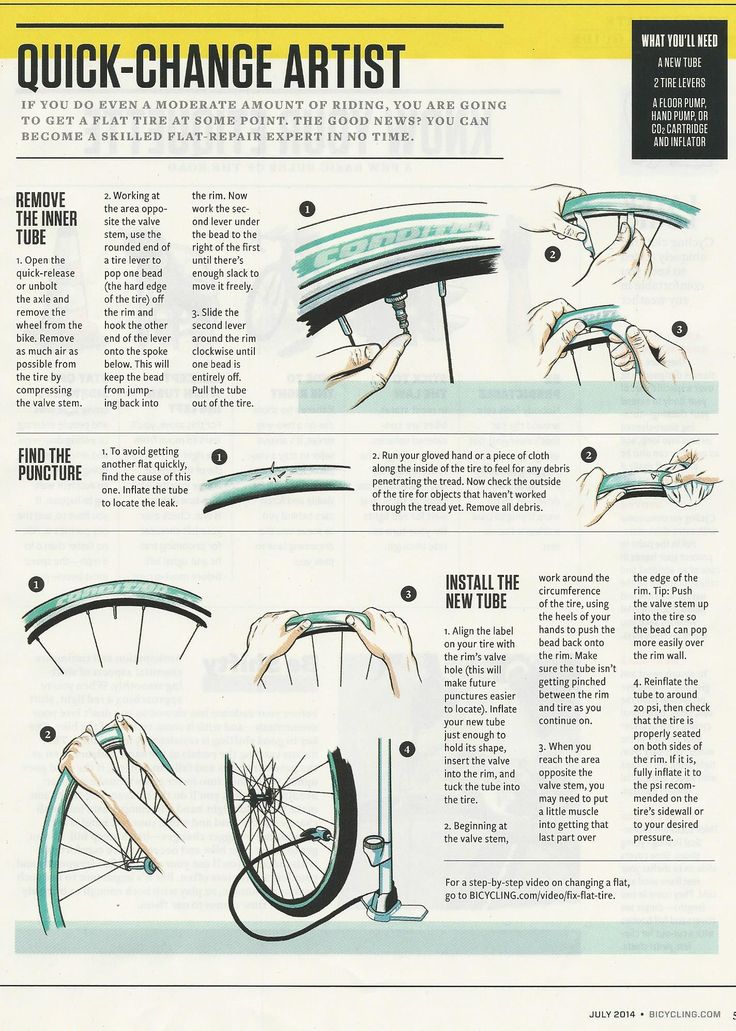
After you know your tube size, you need to select your valve stem type. The valve stem is the metal part of the bicycle wheel that sticks out and allows air to go into (and stay in) your tire. There are three types of valve stems: Schrader, Presta and Woods/Dunlop. The Woods (or Dunlop) valve stem is extremely rare and typically only found in the Netherlands or Asia, so we won’t spend any time on it here.
Schrader valves, on the other hand, are the most common valve stems found on bicycles. The most recognizable of the bunch, sometimes they are referred to as standard valves. An easy way to remember if you have a Schrader valve is to think of the “S.” Schrader valves are short, sturdy and standard. If you don’t know what valve stem you have, it is likely a Schrader.
The last valve stem type is Presta. Presta valves are traditionally found on higher-end bicycles preferred by professional cyclists. Think of the “P” in Presta standing for professional, performance and premium.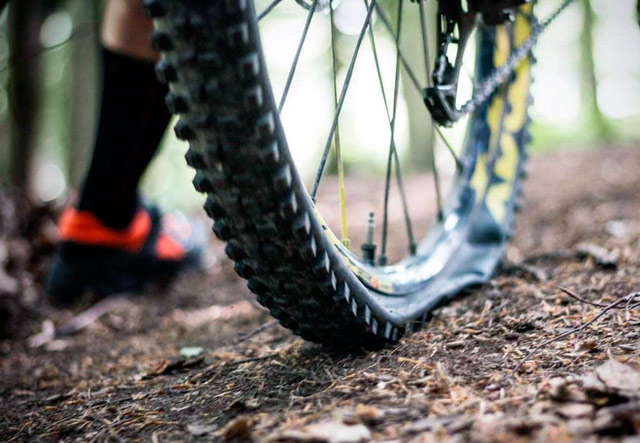 If you have a Presta valve, you usually know it.
If you have a Presta valve, you usually know it.
The last consideration you need to keep in mind when selecting a tube is durability. There is no reason for you to suffer from flat tires - Riding flat free can be a reality. Self-sealing tubes are heavy duty and designed to stop flats for up to two years! To gain that type of protection, you need to purchase tubes that come pre-installed with Slime tire sealant.
Alternatively, if you already have empty tubes, but want the protection that self-sealing tubes provide, you can insert the tube sealant yourself. Learn more about tube protecting sealant here.
Congratulations, you are now a tube expert! When purchasing tubes, if you consider tire size, valve stem type and durability needs, then you will never select the wrong tube again. Go forth and start riding!
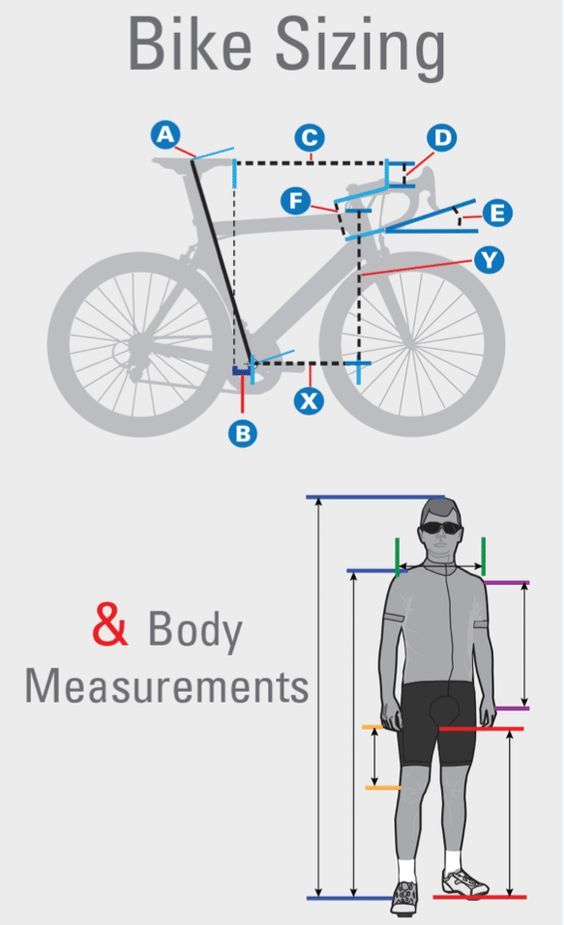 How to choose the size of a bicycle tire. What types of markings and interchangeability of bicycle tires. https://www.sportek.in.ua
How to choose the size of a bicycle tire. What types of markings and interchangeability of bicycle tires. https://www.sportek.in.ua Nikolaev bicycle shop "Sportek"
Published: 01/27/2017
Edited: 06/01/2021
Sooner or later, almost every cyclist faces the question of replacing the rubber on the wheel or the cameras for them.
The easiest way, of course, is to look at the size of the tire currently installed on the bike (it is written on the side of it), and look for exactly the same. On some rims, their landing diameter and width are also written.
In life, everything is always a little more complicated and it often happens that the tire you like has a marking that is not entirely clear or does not match the marking on your rubber. Sometimes it is necessary to replace the old bicycle rubber, which has served for many years, with a more modern one.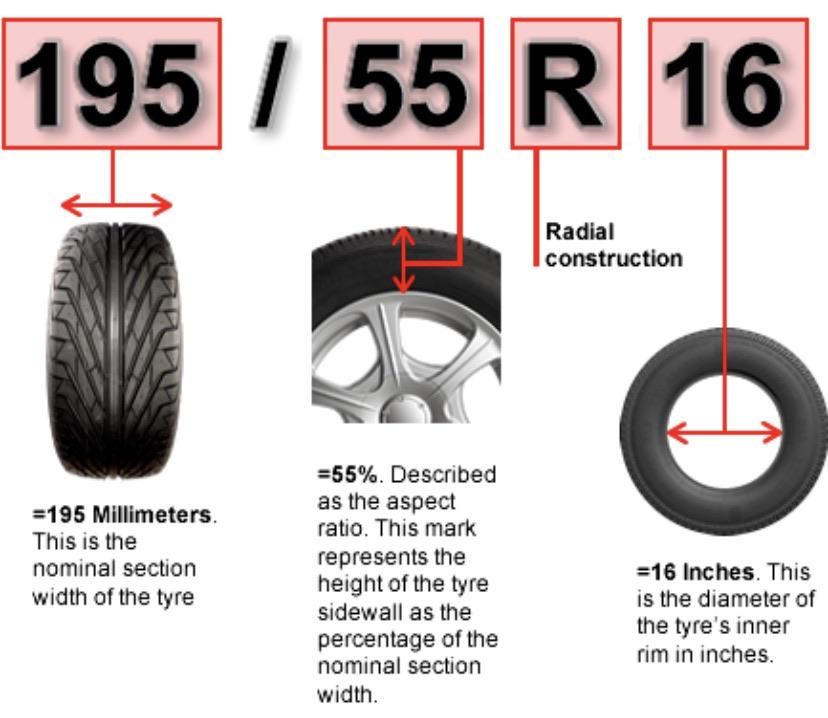
What to do? You can’t put a tire on a bike over the Internet, but you don’t want to pay money just like that.
In this article, we will try to help you understand the markings on bicycle tires and find out which of them are interchangeable.
The first thing you need to know when choosing a tire is the size of the wheels. They are usually measured in inches, but sometimes in mm. There are not very many of them and the most common are 16, 18, 20, 24, 26, 27.5, 28, 29.
At the same time:
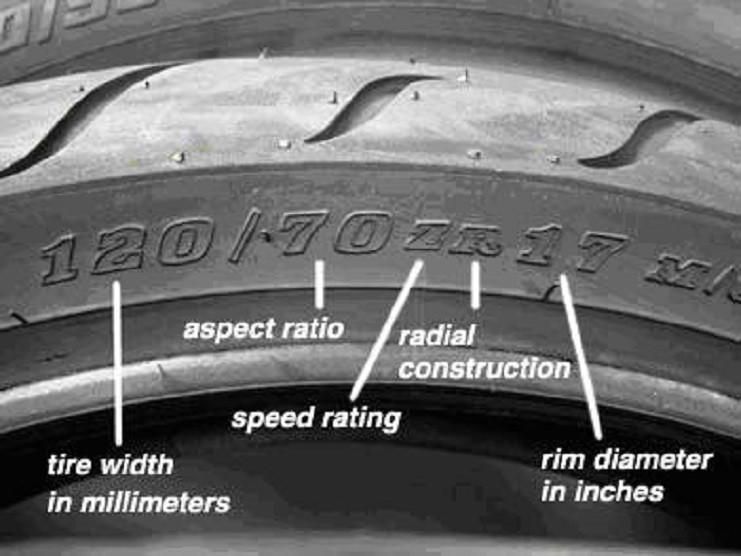
Further, what else you need to know is seat size (diameter) of the rim or BSD (English Bead Seat Diameter). It is the most important and determines the interchangeability of tires. If this number matches at the rim, tire, or tube, then that tire or tube fits those rims. And if the width of the new rubber can be changed, then the landing size will not change much.
If the size (numbers in mm) is written on the wheel (rim), for example, as in the photos above, they accurately indicate the fit size of the rim and its width, which is the main data for selecting the inner tube and tire for the wheel.
There are several types. The confusion in the designation of sizes began in the middle of the 20th century, and today Great Britain and France use their own designations for marking.
Previously, the sizing system was based on the outside diameter of the tires. It was measured in inches (24", 26", 28") or in millimeters (500, 650, 700, etc. ).
).
Over time, this system lost its meaning, because different products with the same outer diameter wheels (together with the height of the tire) did not match the inner diameter (rim diameter) on which this tire was put on.There were also marketing moves of manufacturers, and the accuracy of translation and rounding of measurements in inches is lower than in millimeters.0003
To overcome these confusions and bring all sizes to the same standard, the International Organization for Standardization (ISO - International Organization for Standardization) has developed a universal system for designating tire sizes - ISO 5775 . This system was previously known as " ETRTO ". It was proposed by the organization of the same name: ETRTO (European Tire and Rim Technical Organization or in Russian: "European technical organization for rims and tires").
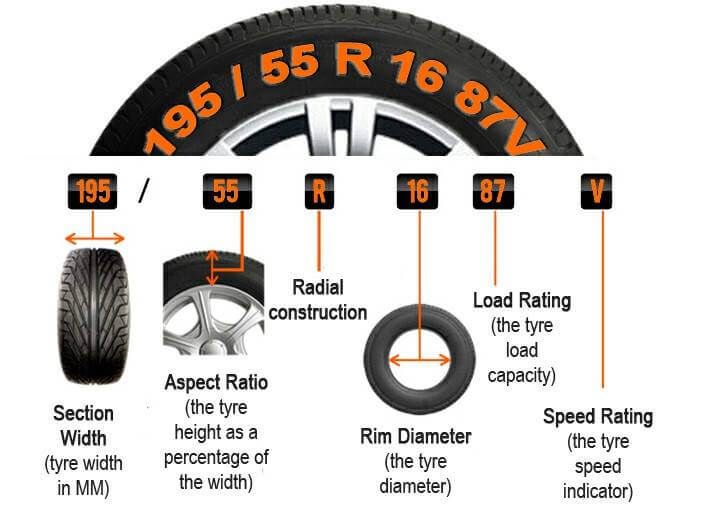 The most accurate, understandable and convenient. Describes in millimeters all the necessary dimensions. For example, 28-622, where 28 mm is its width and 622 mm is inner (landing) diameter .
The most accurate, understandable and convenient. Describes in millimeters all the necessary dimensions. For example, 28-622, where 28 mm is its width and 622 mm is inner (landing) diameter . 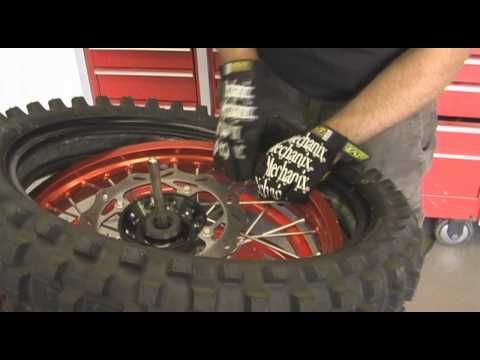
At first it was in the form of a number and a letter, for example, 700C - 700 the outer diameter of the tire is in mm. The letter determined the width from "A" - the narrowest to "D" - the widest.
Now the marking has acquired a more modern look. For example: 700 x 35C. Here the outer diameter of the tire is 700 mm and its width is 35 mm. The letter at the end indicates the inner (landing) diameter. In this case, "C" is 622 mm.
Note a very important nuance and paradox in inch sizes. Tire sizes can be specified as a decimal fraction, such as 26x1.75, or as a simple fraction, such as 26x1 3/4.
Tire sizes can be specified as a decimal fraction, such as 26x1.75, or as a simple fraction, such as 26x1 3/4.
Mathematically, these fractions are equal: 1.75 = 1 3/4.
But, in terms of fit size and tire width in millimeters, this is not always the case, and the most unpleasant thing is that tires with such dimensions can be not interchangeable with .
And this circumstance should always be taken into account when purchasing a new bicycle tire.
In the table below, we have tried to collect the most common tire size designations in different systems and show their compatibility.
Perhaps not all dimensions encountered in life were taken into account, but if you have a tire with dimensions not listed in the table, try to estimate its dimensions based on similar nearest or similar dimensions.
| Rim bore size in mm according to ISO | Tire size in plain and decimal inches | French tire size | Tire size in mm according to ISO (width - bore) | Explanations |
| 681 | 22-681 | Sports track bike B-64 "Record" KhVZ (1958) | ||
| 642 | 28 x 1 5/8 x 1 1/2 | 700-28A | 28-642 | Obsolete size |
| 28 x 1 3/8 | 700-35A | 37-642 | ||
| 635 | 28 x 1 1/2 x 1 1/8 | 700-28B | 32-635 | American, English, Danish, Chinese, Indian road models |
| 28 x 1 1/2, 28 x 1 1/2 x 1 5/8 | 700-38B, 700B Standard | 40-635 | ||
| 28 x 1 5/8 x 1 1/2 | 44-635 | |||
| 630 | 27 x 7/8 | 22-630 | Road bikes, including older models | |
| 27 x 1 | 25-630 | |||
| 27 x 1 1/8 | 28-630 | |||
| 27 x 1 1/4 | 32-630 | |||
| 27 x 1 3/8 | 37-630 | |||
| 27 x all options | ||||
| 622 | 29 x all variants | 700C | This size was invented by marketers for tires with a bore diameter of 622 mm.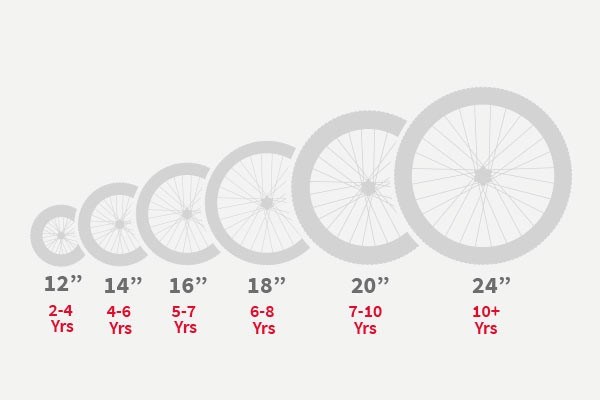 They differ from 28 only in tire height. They differ from 28 only in tire height. | |
| 28 x decimal | 700C | For 622 mm tires | ||
| 28 x 3/4 | 700-18C 700x18C | 18-622 | ||
| 700-19C 700x19C | 19-622 | |||
| 28 x 3/4 | 700-20C 700x20C | 20-622 | ||
| 28 x 1 28 x 7/8 | 700-23C 700x23C | 23-622 | ||
| 28 x 1 | 700-25C 700x25C | 25-622 | ||
| 28 x 1 1/8, 28 x 1 5/8 x 1 1/8 | 700-28C 700x28C | 28-622 | ||
| 28 x 1.20 | 700-30C 700x30C | 30-622 | ||
| 28 x 1 3/4, 28 x 1.5 | 700x38C 700-40C | 40-622 | Road bikes: "Ukraine", "Minsk", "Sura", "Velta", "Aist" (111-321, 111-322) | |
| 28 x 1 1/2, 28 x 1 5/8 x 1 3/8 | 700C 700x35C 700x38C | 35-622 | Road bikes: "Ukraine", "Minsk", "Sura", "Velta", "Aist" | |
| 27 x 1 1/4, 28 x 1 5/8 x 1 1/4 | 700-32C 700x32C | 32-622 | Road and sports touring bikes, "Tourist", "Sport", "Sputnik" | |
| 28 x 1 5/8 x 1 1/4 | Obsolete Canadian designation F13 | |||
28 x 1. 4 4 | 700-35C 700x35C | 35-622 | Road bikes | |
| 28 x 1.5 | 700x38C 700-38C 700-40C 700x40C | 40-622 | ||
| 28 x 1 3/8 x 1 5/8 | 37-622 | |||
| 28 x 1.6 | 700-42C 700x42C | 42-622 | ||
| 28 x 1.6 | 700-44C 700x44C | 44-622 | ||
| 28 x 1 5/8 x 1 3/4 | 700-45C 700x46C | 45-622 | ||
| 28 x 1.75, 28 x 1 5/8 x 1 3/4 | 700-47C 700x47C | 47-622 | ||
| 28 x 2.00 | 700-50C 700x50C | 50-622 | ||
| 600 | 22 (23, 24, 25, 27, 28, 30)-600 | Old Soviet sports and track bikes | ||
| 599 | 26 x 1.25, 26 x 1.375 | 32-599 | Very old American light bicycles. | |
| 26 x 1 7/8 | 47-599 | ZiF (Penza) 190-535 "Samson" | ||
| 597 | 26 x 1 1/4 (EA1) (England) | 32-597 | English old sports and club bikes. | |
| 26 x 1 3/8 (S-6) | 37-597 | Light bicycles of the American firm Schwinn. | ||
| 590 | 26 x 1 1/8 | 28-590 | Soviet bicycles ZiF (Penza) "Diana", "Prima", "Turn", "Relay", "Sura", "Breeze", "Temp" American and English 3 and 10 speed. | |
| 26 x 1 1/4 | 32-590 | |||
| 26 x 1 3/8 (E.A.3) (England) | 650A | 35-590 | ||
| 26 x 1 3/8 | 650-35A 650x35A | 37-590 | ||
| 26 x 1 5/8 | 44-590 | |||
| 587 | 700D | Old size on some GT models | ||
| 584 | 27.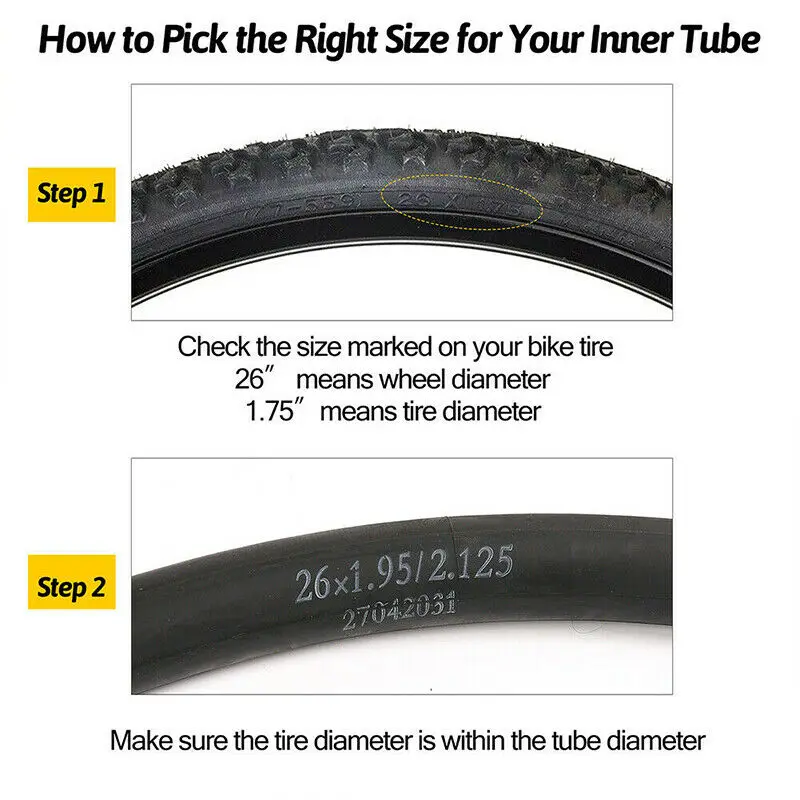 5 x 1.50 5 x 1.50 | 650x38B | 40-584 | French road bikes, touring bikes with cargo, tandems, some Raleigh (USA), old Schwinn mountain bikes |
| 26 x 1 1/2 | 650B | 37-584 | ||
| 27.5 x 1.5 | 40-584 | |||
| 27.5 x 1.65 | 44-584 | |||
| 27.5 x 1.75 | 47-584 | |||
| 27.5 x 2 | 52-584 | |||
| 27.5 x 2.1 | 54-584 | |||
| 27.5 x 2.25 | 57-584 | |||
| 27.5 x 2.3 | 60-584 | |||
| 27.5 x 2.4 | 62-584 | |||
| 27.5 x 2.8 | 70-584 | |||
| 571 | 26 x 3/4 | 650x20C | 20-571 | Triathlon, time trial, small road bikes, some French Peugeot bikes. |
| 26 x 7/8 | 650x23C | 23-571 | ||
| 26 x 1 | 650C | 23-571 | ||
26 x 1. 75 75 | 47-571 | |||
| 26x1 3/4 (S-7) | Road Schwinn | |||
| 559 | 26 x 1.0 | 25-559 | Most mountain bikes. Classic landing diameter for 26 wheels. | |
| 26 x 1.25 | 32-559 | |||
| 26 x 1.35 | 35-559 | |||
| 26 x 1.4 | 37-559 | |||
| 26 x 1.5 | 40-559 | |||
| 26 x 1.6 | 44-559 | |||
| 26 x 1.75 26 x 1.75 x 2 | 47-559 | |||
| 26 x 1.95 | 50-559 | |||
| 26 x 2.00 | 52-559 | |||
| 26 x 2.10 | 54-559 | |||
| 26x2.15 | 55-559 | |||
26 x 2.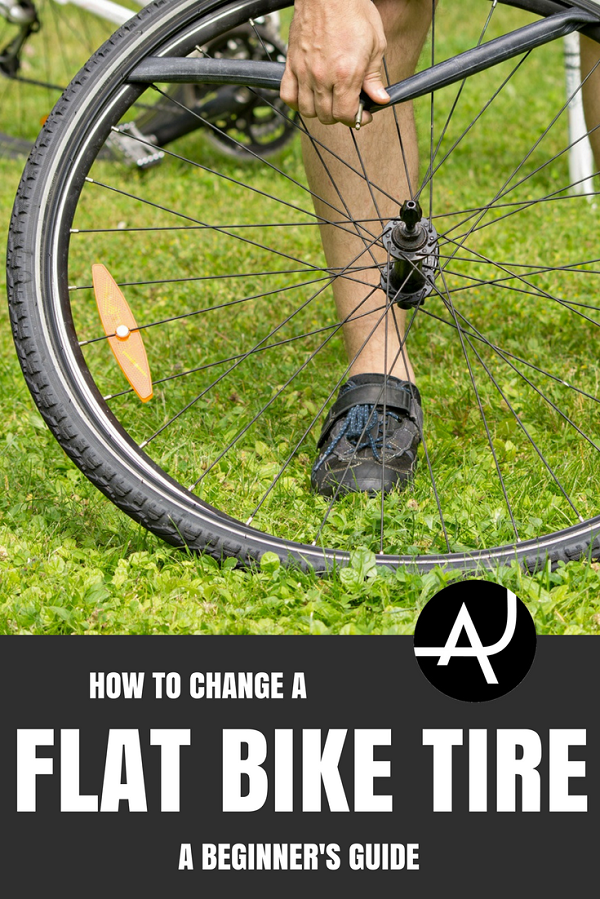 25 25 | 57-559 | |||
| 26 x 2.3 | 60-559 | |||
| 26 x 2.4 | 62-559 | |||
| 26 x 3.0 | 75-559 | |||
| 26x3.7 | 95-559 | |||
| 26 x 4.00 | 100-559 | |||
| 26x4.5 | 115-559 | |||
| 26x4.8 | 120-559 | |||
| 547 | 24x1 1/4 | English children's and American firm Schwinn | ||
| 24x1 3/8 (S-5) | Schwinn American children's bicycles | |||
| 540 | 24 x 1 1/8 | 600A | 28-540 | Children's English and European bicycles, most wheelchairs |
| 24 x 1 1/4 | 32-540 | |||
| 24 x 1 3/8(E-5), 24 x 1 3/8 A | 37-540 | |||
| 533 | 24 x 1 1/2 | 37-533 | "Salute", "Altair", "Ervi", "Eaglet", "Erelyukas", "Swallow" ("Kregzdute", "Kregzhdute" - Siauliai bicycle factory "Vairas" Lithuania). Be careful when replacing as not all 24" tires will fit 533 wheels. | |
| 531 | 24 x 1 5/8 x 1 1/2 | 44-531 | ||
| 520 | 24x1 | 25-520 | Road wheels for children's bikes | |
| 507 | 24 x 1.5 | 40-507 | Children's mountain. "Salute", "Altair", "Ervi" | |
| 24 x 1.75 | 47-507 | |||
| 24 x 1.95 | 50-507 | |||
| 24 x 2.0 | 51-507 | |||
| 24 x 2.125 | 54-507 | |||
| 24 x 2.25 | 57-507 | |||
| 24 x 2.35 | 60-507 | |||
24 x 2.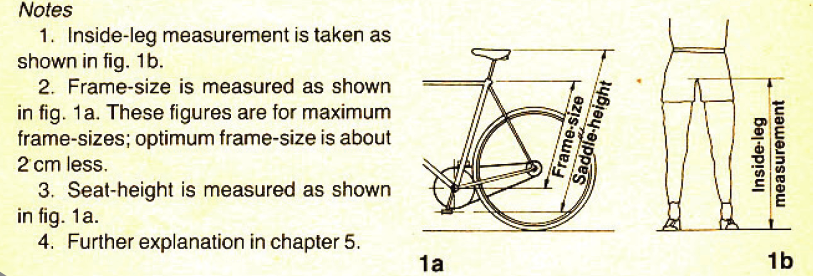 5 5 | 62-507 | |||
| 24 x 2.6 | 65-507 | |||
| 24 x 2.75 | 70-507 | |||
| 24 x 3.0 | 75-507 | |||
| 501 | 22 x 1.0 | 25-501 | European bikes | |
| 22 x 1 1/4 | 32-501 | |||
| 22 x 1 3/8 | 37-501 | |||
| 490 | 550-28A | 28-490 | European Road Kids Bikes | |
| 22 x 1 3/8 x 1 1/4 | 550-32A | 32-490 | ||
| 22 x 1 3/8 | 550-35A | 37-490 | ||
| 489 | 22 x 1.0 | 25-489 | European bikes | |
| 22 x 1 3/8 | 37-489 | |||
| 22 x 1 3/8 x 1 1/4 | 40-489 | |||
22 x 2. 00 00 | 50-489 | |||
| 457 | 22 x 1.75 to 2.125 | Children's bicycles | ||
| 451 | 20 x 1 1/8 | 28-451 | BMX for light riders, light children's bikes, some ligerades. Wheels on some types of wheelchairs. | |
| 20 x 1 1/4 | 30-451 | |||
| 20 x 1 3/8 | 37-451 | |||
| 445 | 20 x 1 1/4 | 30-445 | "Schoolboy" (old Soviet models) | |
| 440 | 500-28A | 28-440 | European folding, children's bikes | |
| 500-35A | 37-440 | |||
| 20 x 1 1/2 | 500-38A | 40-440 | ||
| 438 | 20 x 1 3/8 | 37-438 | European bikes | |
| 20 x 1 3/8 1 1/2 | 40-438 | |||
| 432 | 20 x 2 1/2 | 40-432 | European bikes | |
| 428 | 20 x 2. 00 00 | 54-428 | European bikes | |
| 419 | 20 x 1 3/4 | Schwinn American children's bicycles | ||
| 406 | 20 x 1.25 | 32-406 | Most BMX bikes, kids and folding models. "Venta" (folding model 175-811). "Stork" (folding, model 113-322) "Tisa-2", "Cross", "KAMA", "DESNA", "Schoolnik", "Velta Kama", "Dubisa" (Siauliai bicycle factory), "Eureka" and other folding and old Soviet models. Folding "Mustang" | |
| 20 x 1.35 | 35-406 | |||
| 20 x 1 3/4 20 x 1.5 | 40-406 | |||
| 20 x 1.75, 20 x 1.75 x 2 | 47-406 | |||
| 20 x 1.95 | 50-406 | |||
| 20 x 2.00 | 54-406 | |||
20 x 2. 125 125 | 57-406 | |||
| 20 x 2.35 | 60-406 | |||
| 20 x 2.5 | 62-406 | |||
| 20 x 2.6 | 65-406 | |||
| 20 x 2.75 | 70-406 | |||
| 20 x 3.0 | 75-406 | |||
| 390 | 18 x 1 1/8 | 450-28A | 28-390 | Children's European bikes |
| 18 x 1 3/8 | 450-35A | 37-390 | ||
| 450-55A | 55-390 | |||
| 387 | 18 x 1 1/2 | 37-387 | Children's European bikes | |
| 369 | 17 x 1 1/4 | 32-369 | Bicycles Alex Moulton | |
| 355 | 18 x 1 1/8 | 28-355 | Children's bicycles | |
18 x 1. 25 25 | 32-355 | |||
| 18 x 1.35 | 35-355 | |||
| 18 x 1.5 | 40-355 | Birdy folding bikes. | ||
| 18 x 1.6 | 42-355 | Children's bicycles | ||
| 18 x 1.75 | 47-355 | |||
| 18 x 1.95 | 50-355 | |||
| 18 x 2.0 | 54-355 | |||
| 18 x 2.125 | 57-355 | |||
| 349 | 16 x 1 1/8 | 28-349 | Old Moulton, Brompton and other folding bicycles, ligerade front wheels, children's bicycles. | |
| 16 x 1 1/4 16 x 1.25 | 32-349 | |||
| 16 x 1.35 | 35-349 | |||
| 16 x 1 3/8 | 37-349 | |||
| 340 | 400-30A | 28-340 | Children's European bikes | |
| 16 x 1 3/8 x 1 1/4 | 400-32A | 32-340 | ||
| 16 x 1 3/8 | 400-35A | 37-340 | ||
| 16 x 1 5/8 | 400A | 44-340 | ||
| 335 | 16 x 1 3/8 | Children's Polish bicycles | ||
| 330 | 16 x 1 1/2 | 400-38B | 40-330 | Children's bicycles |
| 317 | 16 x 1 3/4 | Schwinn American children's bicycles | ||
| 305 | 16 x 1. 5 5 | 40-305 | Children's bicycles, folding, touring and some ligerades. | |
| 16 x 1.75 | 47-305 | |||
| 16 x 1.95 | 50-305 | |||
| 16 x 2.0 | 54-305 | |||
| 16 x 2.125 | 57-305 | |||
| 16 x 2.5 | 62-305 | |||
| 298 | 14 x 1 1/4 | 350-32A | 32-298 | Carriages, children's bikes, balance bikes |
| 288 | 14 x 1 3/8 | 350A, 350-35A | 37-288 | Children's bicycles, balance bikes |
| 14 x 1 5/8 | 350-38A | 40-288 | ||
| 14 x 1 5/8 x 1 3/8 | 350-42A | 44-288 | ||
| 14 x 1.75 | 47-288 | |||
| 279 | 14 x 1 1/2 | 350-38B | 40-279 | Children's bicycles, balance bikes |
| 254 | 14 x 1. 5 5 | 40-254 | Children's bicycles, balance bikes | |
| 14 x 1.75 | 47-254 | |||
| 14 x 2 | 54-254 | |||
| 239 | 12 1/2 x 1 3/8 x 1 1/4 | 300-32A 300x32A | 32-239 | Children's bicycles, balance bikes |
| 205 | 12 1/2 x 2 1/4 | 56-205 | Children's bicycles "KVD", balance bikes, sometimes suitable for baby carriages ("Dutik" tires) | |
| 203 | 12 x 1.75 12 1/2 x 1.75 12 1/2 x 1.9 | 47-203 | Small children's bicycles, balance bikes, baby carriages | |
| 12 x 1.95 | 54-203 | |||
| 12 x 2.0 | 50-203 | |||
| 12 x 2.125, 12 1/2 x 2 1/4 R | 57-203 | |||
| 12 1/2 x 2 1/4 | 62-203 | |||
| 176 | 55-176 | Tires for tricycles, scooters, balance bikes for small children, wheelbarrows and carts, prams | ||
| 152 | 10 x 2 | 54-152 | ||
| 137 | 8 x 1 1/4 | 32-137 |
 29 tires differ from 28 only in height.
29 tires differ from 28 only in height. Tire width selection is more flexible than rim diameter.
Rim widths are measured and marked in millimeters as shown in the figure at the beginning of the article.
How to measure the width of the rim is described in a separate article here.
| Rim width in mm | Tire width in mm and inches | Bicycle type |
| 13 | 18 - 25 mm (1") | road and cyclocross models |
| 15 | 23 - 32 mm (1" - 1.25") | |
| 17 | 25-37 mm (1" - 1.5") | light cross-country and hybrid models |
| 18 | 28 - 44 mm (1.1" - 1.75") | heavy cross-country and hybrid models |
| 19 | 28 - 60 mm (1.1" - 2.35") | MTB (mountain bikes, mountain bikes) |
| 20 | 28 -47 mm (1.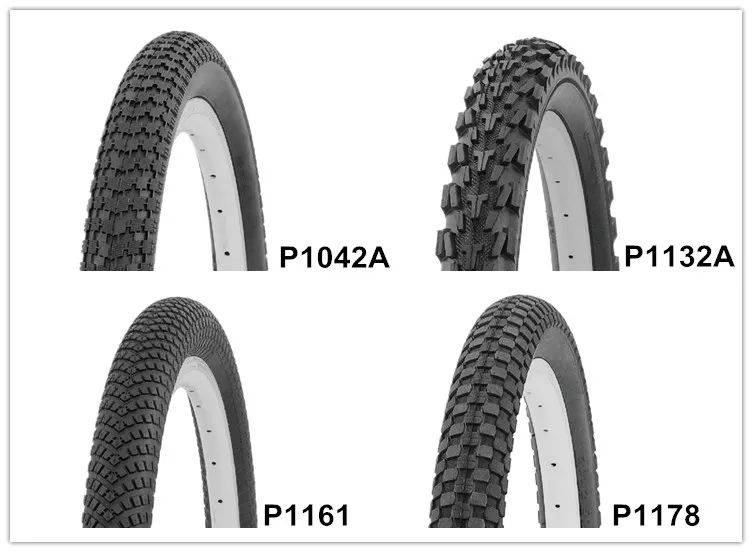 1" - 2") 1" - 2") | cycling and light extreme |
| 21 | 35 - 50 mm (1.4" - 2") | |
| 23 | 40 - 50 mm (1.5" - 2.1") | extreme cycling |
| 25 or more | 44 - 57 mm (1.75" - 2.25") | |
| 32 | 75 mm (3") and over |
This table shows guide data for a medium bike. Use it not as a dogma, but as a guideline for selection.
Some manufacturers give their own tables for the tires they produce, according to which they need to be selected for their wheel.

The tire width affects rolling and grip. The wider - the better the grip, cornering control, but the worse the roll.
It is considered optimal if the width of the tire is 1.5-2.1 times wider than the inner width of the rim. It is possible and 2.5 times, but this is already an amateur.
The tire-to-rim width ratio affects the tire's cornering behavior. Too wide tires mounted on a narrow rim can simply break. will have a pear-shaped profile.
Further, if the wheel is equipped with toothy rubber, then the side spikes on the tread will not be where they should be for sure grip in the turn.
With wide tires on a narrow rim, the side studs will be too high and will not hold properly in the turn.
On narrow tires with a wide rim, the spikes will be from below and with a good slope, the bike will ride on the sidewall, and she is bald.
Below is the famous table compiled by Georg Boeder of tire and rim width recommendations
fractional inches) here.
Comments (131)
x
Tables
The size of the tires
Types of tires
Change tires, if:
Contents
The size of the tires
Types of tires 9000

Important! Some tires have wear indicators - one or two small dimples. When they disappear, tires need to be replaced
Bicycle tires and tubes
Final price
5 799 ₽
Schwalbe | Tire Schwalbe Durano 700 x 28C
Buy
-10%
Final price Maxxis | Tire Maxxis Ardent, 27.5 x 2.4, 61-584, 60 TPI, Mountain
Buy
Final price
4 999 ₽
Schwalbe | Tire Schwalbe Durano 700 x 23C
Buy
Final price
4,999 ₽
Schwalbe | Tire Schwalbe Durano 700C x 25
Buy
-20%
Final price Maxxis | Tire Maxxis CrossMark II, 27. 5 x 2.25, 57-584, 60 TPI, Mountain
5 x 2.25, 57-584, 60 TPI, Mountain
Buy
-20%
Final price Schwalbe | Schwalbe Marathon 26 x 2.0 Tire
Buy
Final price
3 599 ₽
Schwalbe | Tire Schwalbe Land Cruiser Plus 26 x 2.0
Buy
-15%
Final price Maxxis | Tire Maxxis Pace, 27.5 x 2.1, 53-584, 60 TPI, Mountain
Buy
-10%
Final price Schwalbe | Tire Schwalbe Land Cruiser Plus 27.5 x 2.0
Buy
-10%
Final price Maxxis | Tire Maxxis Ardent, 27.5 x 2.4, 61-584, 60 TPI, Mountain
Buy
-20%
Final price Maxxis | Tire Maxxis Ikon, 27.5 x 2.2, 56-584, 60 TPI, Mountain
Buy
-15%
Final price
3,059RUB
RUB 3,599
Maxxis | Tire Maxxis Overdrive Excel, 26 x 2. 0, 50-559, 60 TPI, Hybrid
0, 50-559, 60 TPI, Hybrid
Buy
Before choosing a tire, the first step is to determine its size (by wheel diameter and width). It depends on what rims your bike has.
Check the sidewall of the tire - there are numbers indicating its size (for example, as in the picture, the outer diameter is 27.5'' and the tire width is 2.2'')But the types of markings are different:
The Universal Tire Measurement System Diameter (ISO 5775 or ETRTO ) indicates the inner diameter (in millimeters, mm) and the width of the tire (also in millimeters, mm).
Consists of two numbers, for example, 57–559
English and French manufacturers may indicate a different marking: outer diameter for tire width (in inches, ''). Sometimes tire height is added (decimal, inches, '').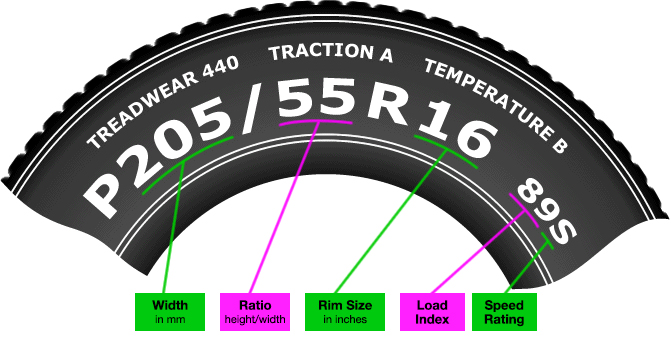
Diameter and width: two numbers or a decimal, e.g. 28 x 1.4, 28 x 1 1/8. View Diameter, Height and Width: 28 x 1 5/8 x 1 3/8
where A is the largest).
For example, 700 x 35C
Important! You can also find out the tire size:
A few tire recommendations:
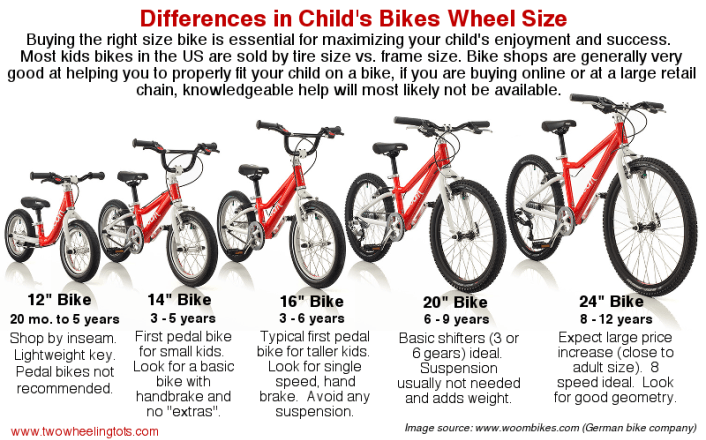 7 -0.9'' (18-23mm).
7 -0.9'' (18-23mm). Expert recommends
38,999 RUB
Stern | Mountain bike Stern Motion 29 29", 2021
Buy
27,999 ₽
Stern | Mountain bike Stern Energy 2. 0 27.5", 2021
0 27.5", 2021
Buy
44,999 ₽
Stern | Mountain bike Stern Motion 4.0 27.5", 2021
Buy
17,999 ₽
Denton | Women's mountain bike Denton Aura 1.0 26"
Buy
27,999 ₽
Stern | Mountain bike Stern Energy 2.0 27.5", 2022
Buy
44,999 ₽
Stern | Mountain bike Stern Force 2.0 29", 2021
Buy
24 999 ₽
Stern | Bicycle for boys Stern Action 24 Alt 24", 2022
Buy
32 999 ₽
Stern | Mountain bike Stern Motion 1.0 27.5", 2021
Buy
27,999 ₽
Stern | Women's mountain bike Stern Angel 2.0 27.5", 2022
Buy
Final price
44 999 ₽
Trek | Teenage bike Trek Precaliber 20 Fw 20", 2022
Buy
24 999 ₽
Stern | Mountain bike Stern Energy 1.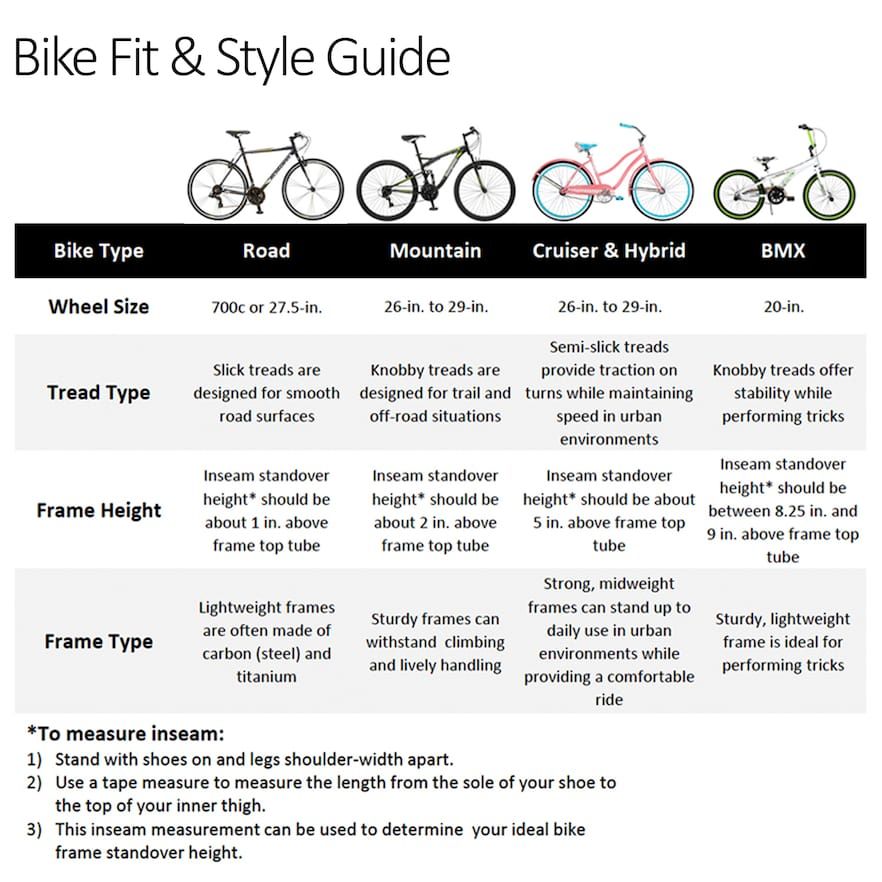 0 Sport 26", 2021
0 Sport 26", 2021
Buy
17,999 ₽
Denton | Mountain bike Denton Storm 2.0 26"
Buy Now
Slick
Designed for asphalt and racing tracks.
The tread is either missing or has shallow drainage groovesSlicks do not create wheel vibration, so the bike can reach high speeds on a flat, smooth surface. But when braking and on wet roads, care should be taken, and it is not recommended to go off-road, as this is fraught with loss of control and breakdown of the wheel.
Semi Slick
Provides reliable grip on sand, suitable for cross-country dirt roads, light off-road and asphalt. Fast and silent running.
In the center, the tire is covered with a tread with drainage grooves, the sides are equipped with small lugs to help when cornering Usually this type of tire comes with a new bike.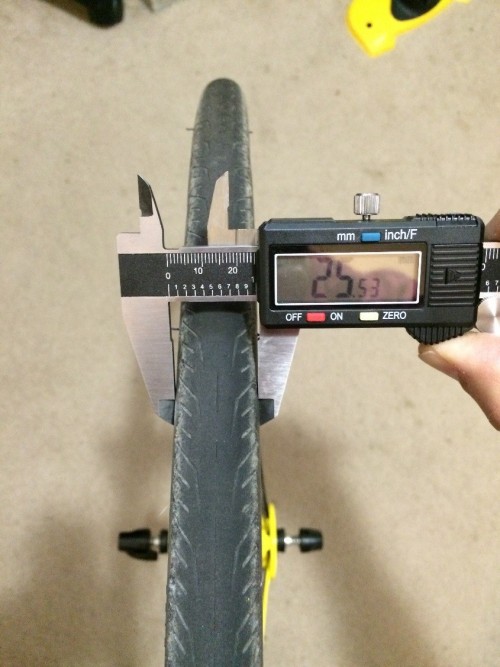
Mud/gravel
Ideal for mountain bikes.
Aggressive tread provides reliable grip on gravel, sand and snowDue to the relatively large weight and deep tread, tires create additional resistance, so driving on asphalt is not a good idea.
Crossover/Urban
The rubber of this type of tire is very durable due to reinforced carbon fiber beads.There is a high tread tread in the middle of the tire, so these wheels are suitable for driving on asphalt and dry dirt.
Bicycle tires and tubes
Final price
5 799 ₽
Schwalbe | Tire Schwalbe Durano 700 x 28C
Buy
-10%
Final price Maxxis | Tire Maxxis Ardent, 27.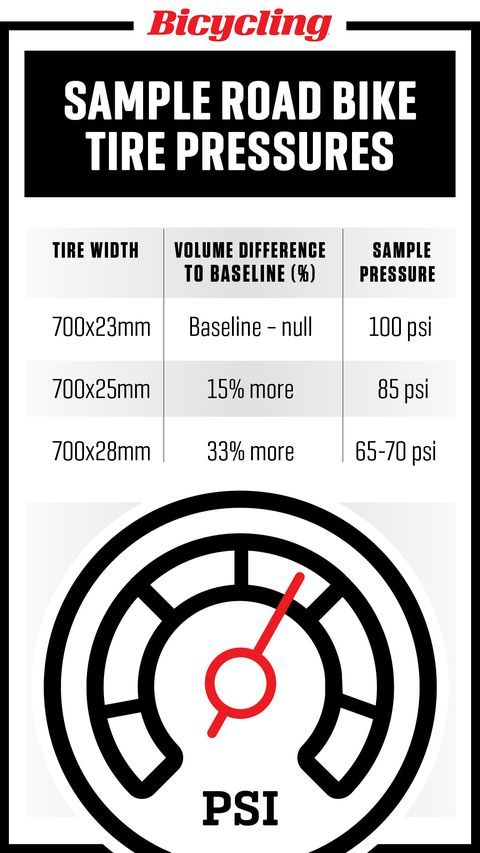 5 x 2.4, 61-584, 60 TPI, Mountain
5 x 2.4, 61-584, 60 TPI, Mountain
Buy
Final price
4 999 ₽
Schwalbe | Tire Schwalbe Durano 700 x 23C
Buy
Final price
4 999 ₽
Schwalbe | Tire Schwalbe Durano 700C x 25
Buy
-20%
Final price Maxxis | Tire Maxxis CrossMark II, 27.5 x 2.25, 57-584, 60 TPI, Mountain
Buy
-20%
Final price Schwalbe | Schwalbe Marathon 26 x 2.0 Tire
Buy
Final price
3 599 ₽
Schwalbe | Tire Schwalbe Land Cruiser Plus 26 x 2.0
Buy
-15%
Final price Maxxis | Tire Maxxis Pace, 27.5 x 2.1, 53-584, 60 TPI, Mountain
Buy
-10%
Final price Schwalbe | Tire Schwalbe Land Cruiser Plus 27.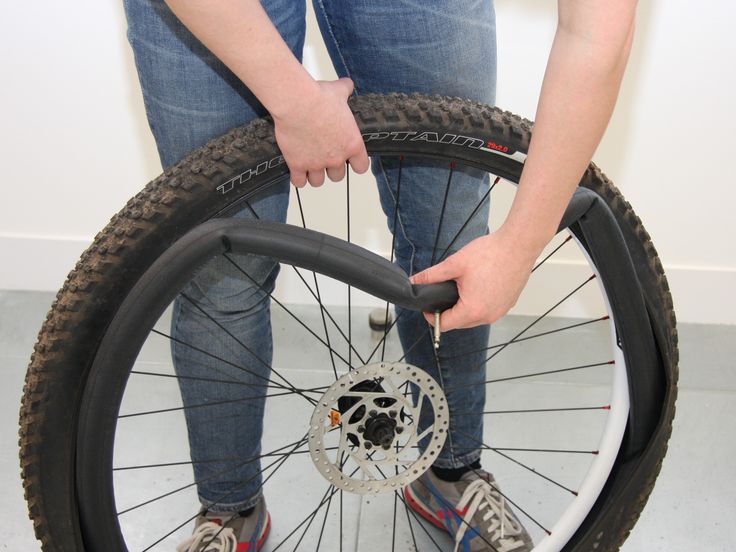 5 x 2.0
5 x 2.0
Buy
-10%
Final price Maxxis | Tire Maxxis Ardent, 27.5 x 2.4, 61-584, 60 TPI, Mountain
Buy
-20%
Final price
3 199 ₽
3 999 ₽
Maxxis | Tire Maxxis Ikon, 27.5 x 2.2, 56-584, 60 TPI, Mountain
Buy
-15%
Final price Maxxis | Tire Maxxis Overdrive Excel, 26 x 2.0, 50-559, 60 TPI, Hybrid
Buy now
According to the way the tires are installed, they are:
Clincher
Standard tires with beads that fix them on the wheel rim. Installing and changing these tires is quite simple. Their weak point is the camera, which is easy to pierce while riding.
Tubeless (folding)
The function of the camera is performed by a safety cable made of Kevlar threads. Tires are mounted on special rims with high sides and additionally sealed with an anaerobic adhesive-sealant. The absence of a chamber somewhat reduces the weight of the bike, and a punctured tire can be repaired right on the wheel.
Tires are mounted on special rims with high sides and additionally sealed with an anaerobic adhesive-sealant. The absence of a chamber somewhat reduces the weight of the bike, and a punctured tire can be repaired right on the wheel.
Tube
Impenetrable version with increased cord density (up to 320 TPI). Very light, so it is used on sports bikes. The cord does an excellent job with the tasks of the camera. Such a tube is attached to the wheel rim with glue.
The off-road summer tire has a tread depth of 6-8mm and several layers of built-up rubber, making it resistant to punctures.
Winter tires are made of soft compound, some are equipped with studs. The tread depth of winter tires is 9–11 mm, which ensures confident grip on a snowy track and allows you to brake even on icy sections of the road.
EXPERT TIP
Winter tires are recommended to be used at temperatures up to +5 degrees, otherwise soft spikes will quickly wear off on asphalt
In our online shop you will find tires for road, racing, mountain and other categories of bicycles.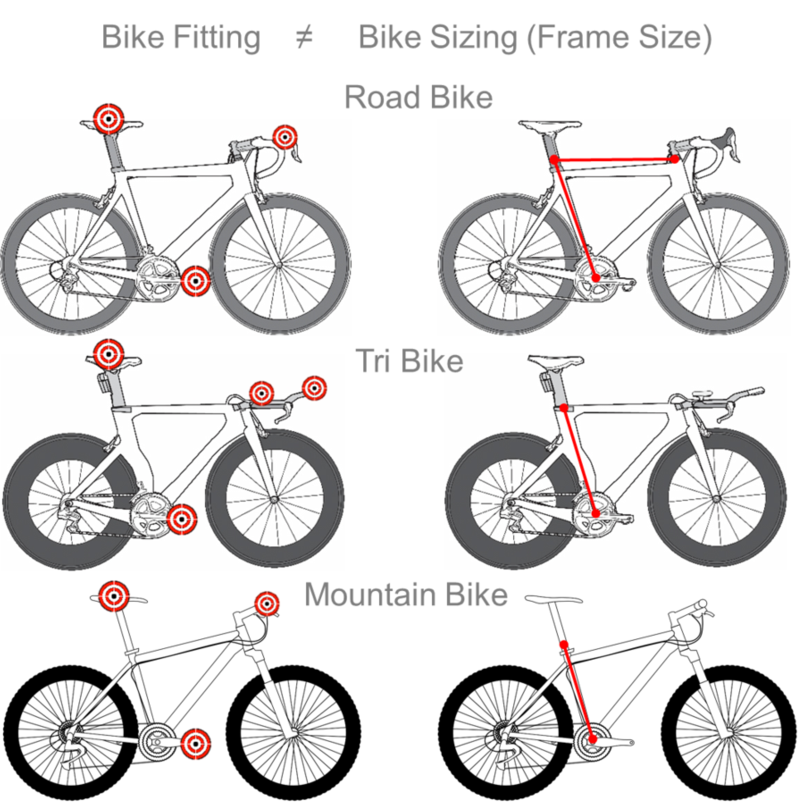 To replace them, contact the Sportmaster service centers.
To replace them, contact the Sportmaster service centers.
Other cycling material
In which direction should the bicycle pedals be turned?
Cycling
Olympic cycling
Cycling
Which lock to choose for a bike
Cycling
The lightest bike models
Cycling
What is a city bike and how is it different from the rest
Cycling
Child bike seat, trailer and other ways to ride a bike with your child
Cycling
Gear shifting on a bicycle: why it is needed and how to do it right
Cycling
What is the length of the bike? And the height? We tell everything about the dimensions and what they depend on
Cycling
What bike to buy for trips in the city and in nature? Here are 5 great options
Cycling
How to store a bike
Cycling
Can you ride a bike in autumn? Of course – and here are some helpful tips
Cycling
Types and disciplines of cycling
Cycling
How fast do they ride bikes?
Cycling
Our PRO-experts tested the Stern Motion 5. 0 bike on a bike tour in Altai. Here are the findings of the participant of the experiment
0 bike on a bike tour in Altai. Here are the findings of the participant of the experiment
Cycling
What is the pressure in the bicycle wheels
Cycling
What muscles work when cycling
Cycling
How far can you bike in a day
Cycling
"Cycling along the Chuisky tract": test drive of Stern Motion 5.0 bikes on the most beautiful road in Russia
Cycling Tourism
At what age can you ride a bike?
Cycling
Advantages and disadvantages of electric bicycles
Cycling
What speed can you reach on a road bike?
Cycling
How to choose a road bike? Here are 5 great models from the Sportmaster PRO range
Cycling
Introducing the winners of the project "You're in the game.